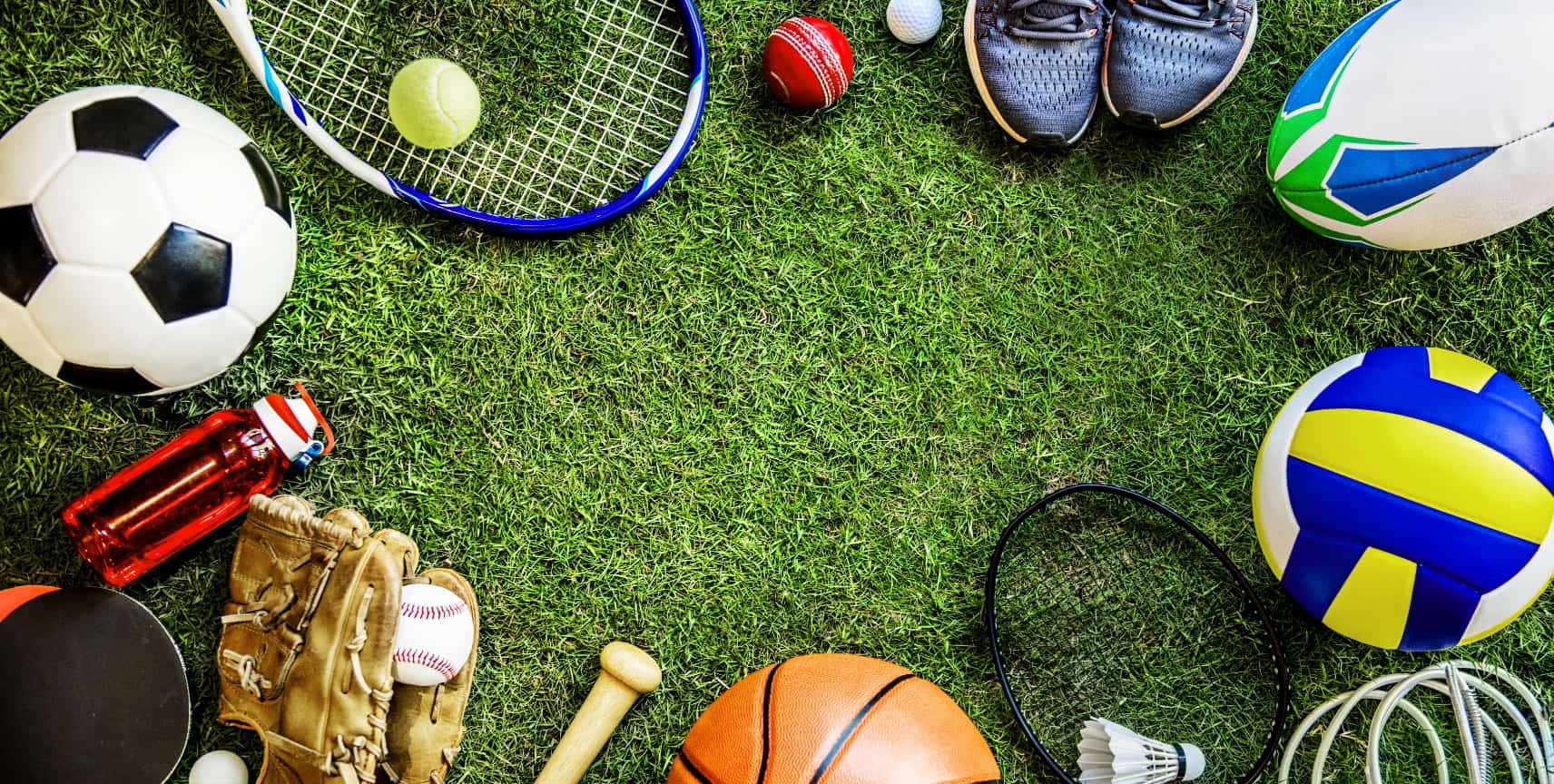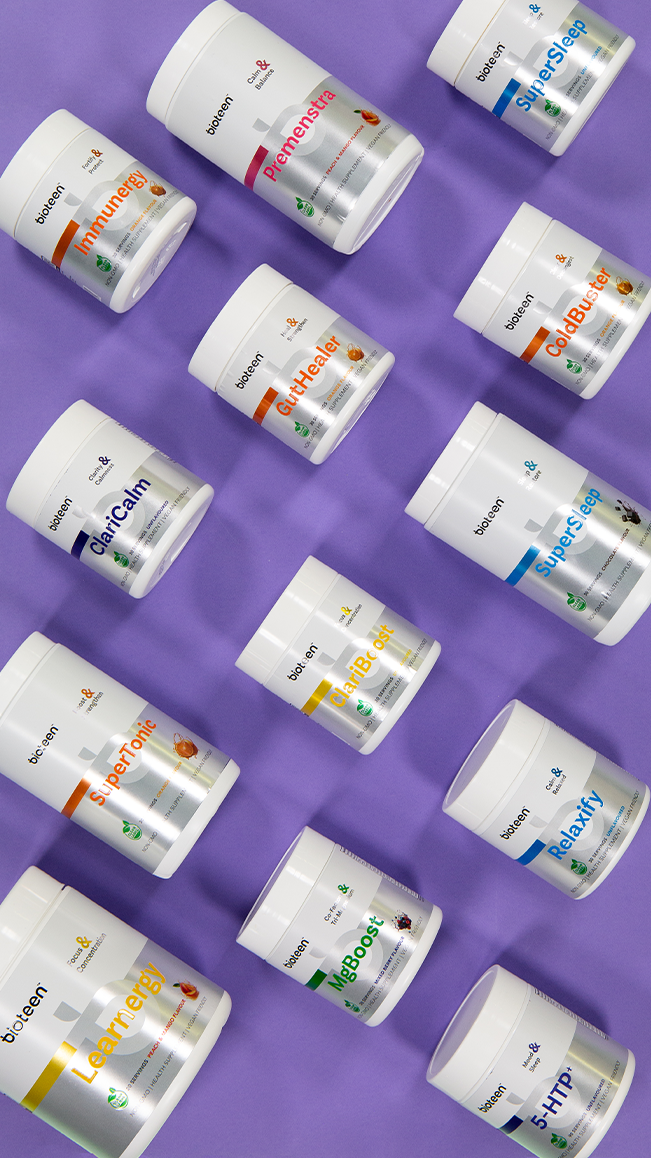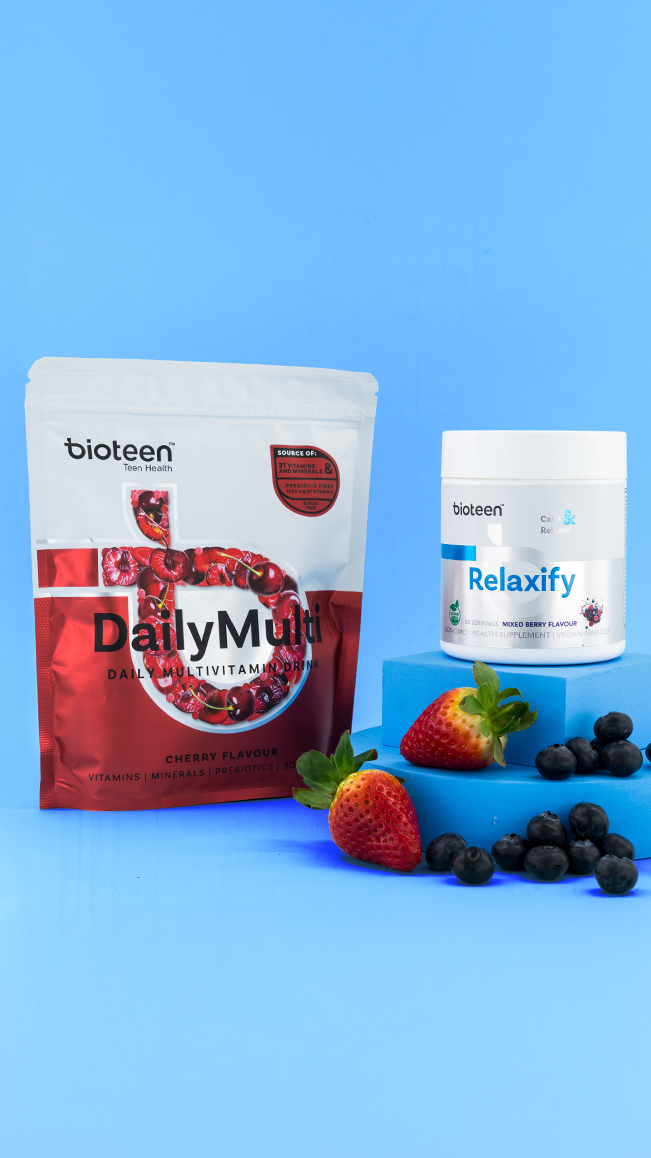
The importance of Sport's Nutrition
Being active is an essential part of being healthy and for teen’s there is no exception. There are a number of ways that your teen may choose to move their body, with competitive sports being one of them. Not only are sports beneficial for your teen’s physical health but taking part in competitive sports can also improve their academic outcomes, improve problem-solving skills, lead to better self-esteem, and even lower levels of stress and anxiety. Let’s explore why good nutrition is vital for active teen’s:
It supports proper growth and development
When a teen is more active, they do need to pay special attention to how much they consume because these teen’s need to eat enough to cover both their energy needs for proper growth and development and to cover the energy needed for additional activity. Not having enough energy can lead to short stature, delayed puberty, menstrual dysfunction, loss of muscle mass and even an increased susceptibility to fatigue, injury, or illness. On the other hand, eating too much energy can result in unwanted weight gain and later problems related to this.
Although energy intake is an important factor, we must also pay attention to the quality of the diet to make sure that teen’s meet all their micronutrient requirements to enhance their well-being and prevent nutritional deficiencies, especially for nutrients that are used up more quickly for energy production like B-vitamins thiamin, niacin and vitamin B6 as well as those involved in reaching peak performance like vitamin B12, iron and vitamin A and of course those involved in keeping bones in tip-top shape like calcium and vitamin D.
Macronutrient choices and timing supports improved performance
High performance (in the form of improved endurance and increased strength) is usually the goal when it comes to competitive sports. What teen’s eat (especially regarding their macronutrient choices) before, during and after exercise can have an impact on this performance.
Before training
Teen’s have so much on their plate that ironically, they’re not always eating what’s on their plate. Skipping meals isn’t just a bad habit but may mean that teen’s start their sports session without having an appropriate meal or snack. Eating enough before activity can prevent hunger and helps to balance out blood sugar levels. Low blood sugar levels from not eating enough can leave teen’s feeling lethargic which is not a good start to physical activity! Entering an activity with balanced blood sugar levels is also glycogen-sparing (i.e. the body will first use the blood sugar before dipping into the glycogen tank, which is the way that the body stores carbohydrates in the liver and the muscle). The longer the body can hold off using this store, the longer you can exercise without ‘hitting the wall’. Research shows that a pre-workout meal improves performance when compared to exercising in a fasted state and at the end of the day, better performance means better results. Ideally, a pre-event or workout meal should be eaten a few hours before exercising and should be carbohydrate based and non-greasy. Fatty foods are slow to digest and exercising with a full stomach is not only uncomfortable but can also cause indigestion, nausea and vomiting.
During training
Carbohydrates are the preferred fuel for exercising muscles. Once blood sugar levels have run out (which usually happens after about 60 minutes), then fueling during a workout becomes really important because depending on the intensity of the activity, the body can burn through between 30-60g glucose per hour! Fueling at the right time helps to delay fatigue because it ensures that there is glucose available in the blood to burn so that the body doesn’t dip into its emergency glycogen supplies (which can then be kept for a later stage). This means that the workout can last longer which may lead to better overall results.
Having carbs during a workout can also enhance feelings of pleasure during and after exercise. Intuitively, when something feels good, we are more likely to continue doing it consistently and consistency is arguably the most important factor when it comes to reaching fitness goals.
Keeping well hydrated during exercise is also incredibly important, not only does it help to prevent dehydration and dehydration symptoms like fatigue but drinking enough water (especially when there is a lot of sweating), can help to maintain blood volume. Sufficient blood volume then leads to 2 important effects. Firstly, it prevents you from overheating. Exercising muscles generate heat and this heat needs to be transferred by the blood to the surface of the skin where it can dissipate into the environment. If the blood volume is insufficient, this process won't happen effectively, and overheating is more likely. Secondly, having sufficient blood volume means that a greater volume of blood can be pumped to the body, this means more effective oxygen and nutrient transport and better performance. Teen’s are particularly vulnerable to dehydration because they may forget to drink unless they are reminded and/or may ignore the signs and symptoms of heat stress in order to keep up with their peers.
After training
Having the right amount of carbohydrates and protein in a post-workout meal is essential to replace used glycogen stores (so that the body is ready for the next session) and also to provide protein to repair any muscle damage and help the muscle to grow. Ideally it should also contain some electrolytes, to help rehydrate and replace any electrolytes lost with sweating.
The bottom line
How much, what and when your teen eats will influence their overall wellbeing as well as their sporting performance. While food should always take center stage, supplements can be a convenient way to ensure that young athletes hit all of these goals. As this is a vulnerable population, it is so important to choose supplements that are safe and manufactured to the highest standard. At Bioteen, this is one of our promises to you, ingredient quality is our core focus, because the best ingredients yield highly effective and safe products. To ensure that we only get the best, we make a point of only partnering with suppliers who share our beliefs about quality, purity and scientific research.










